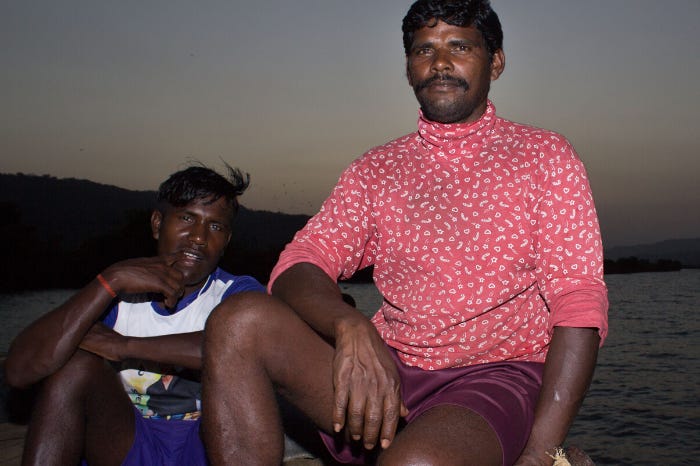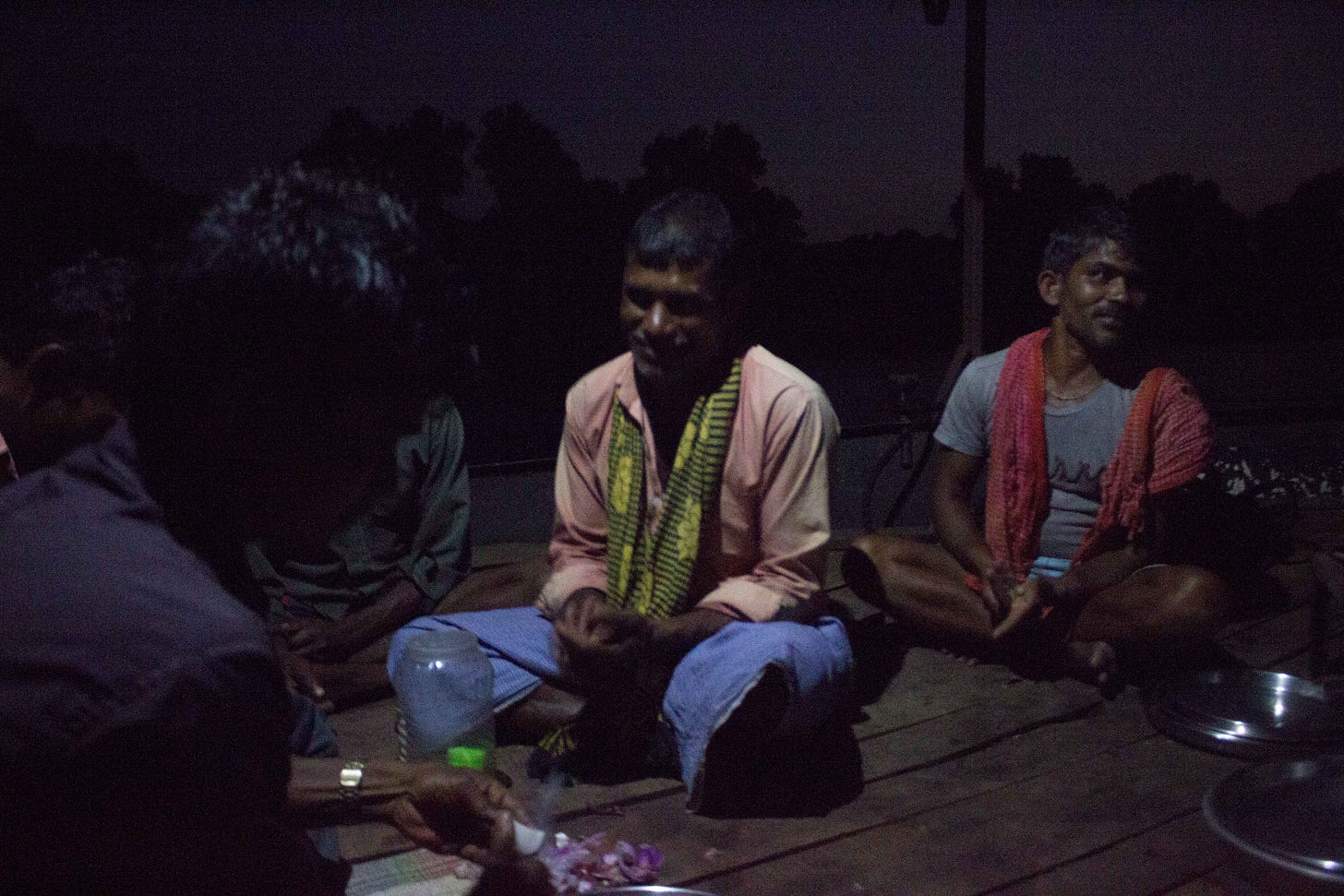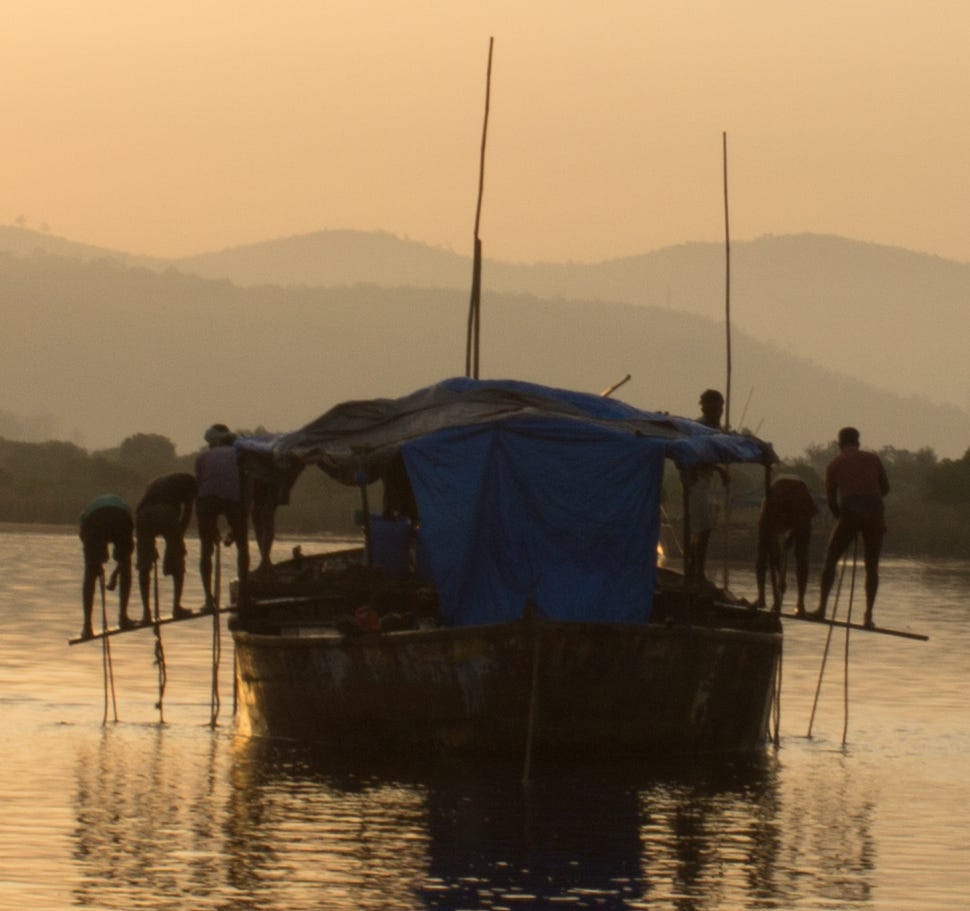In an interview with the Press Trust of India (PTI), eminent historian Ramchandra Guha said that the forced migration of labourers from urban metropolises to their rural hometowns post lockdown has been “the greatest man-made tragedy in India since Partition.” In the midst of a global pandemic scenario, the lockdown was imposed on India through a televised address on the evening of March 24 by Prime Minister Narendra Modi, without any notice period. The abrupt decision had an appalling repercussion, leading to one of the biggest humanitarian crises that the country had ever witnessed. Overnight layoffs by employers and the consequent financial crunch faced by the labourers led to their reverse migration back home from urban centres where they had been employed.
Throwing light on the administration’s piecemeal approach in handling a pandemic and its concomitant humanitarian issues, in an interview with The Quartz, Irudaya Rajan from the Centre for Development Studies, Thiruvananthapuram, said, “In a sense, this is a refugee crisis now and not merely a migrant crisis.”
This particular project was documented near the Vashishti river in Chiplun, Maharashtra, where these migrant labourers worked on illegal mining projects, often in extreme conditions. I stayed with the labourers on their boat. In doing so, I was revealed a side of the country that many aren’t aware of.
As the Coronavirus hit the Indian streets, news about the growing migrant crisis kept slowing down. These migrant labourers come or are brought from different parts of India to the major cities to work, but they are demonised and treated as criminals.
The people in the picture are the one’s who were brought to the cities to work under a contract. I was informed, that in many cases, these contracts were not even followed upon arrival.
They go to the river every night to take the sand out, an activity that uses six people to perform a perfect hand synchronisation. In return, however, they are given really small rooms to stay in and are given very little food. They are made to sleep on a wooden board with no blankets. The only voice they want to hear on the boat is their loved ones. They talk for hours about their wife and kids. With no vacations and sick leaves, they almost go without meeting their family for years at times.
It is well known that India inhabits one of the largest informal work systems in the world. These systems are often exploitative and thrive on a vicious nexus of the different hands of power. If you travel to some villages in Bihar and Uttar Pradesh, where the labourers come from, you would instantly realise the distinct lack of men in the society. Many such villages are filled with women whose husbands have gone for work in states like Maharashtra.
From what I have seen, the entire system of contract workers and the men policing them is flawed. Many police officials often know about the illegal activities and the people running it. Politicians, government workers, and the police often work in unison to cover it up.
Often referred to by slurs like ‘bhaiyya’, ‘gandh’, and ‘kide’, which literally translate to insects and dirt, these people are not even given justice in the Indian system. The police often use brutal measures against them. It’s unfortunate that these activities are glorified in the popular culture by the Indian film industry. Oftentimes, their deaths go unreported by the police and the data is burned to hide the proof. Politicians use language that conflicts the citizens’ opinion of them, language wars are created on news and television that further the narrative. People in smaller cities are prey to this thinking, they blindly follow what television has to offer them. News is filled with politicians on one hand and entertainment that does not need to have any sense or logic.
There is a serious need for the media to make sure these stories come out. Protests are common in states like UP, Bihar and even in the North-east from where they come from. These people are stripped of their dignity and human rights once they reach the bigger cities. But all the reporting of these events go unnoticed due to all the rubbish filled on the television. They are not robots who are imported for work, they are humans, like you and me, who have values and emotions. However, they are always treated as a second class citizen at each and every step.
In the face of the harsh realities endured by migrant laborers in India, the question looms large: Can a country truly progress when a significant portion of its population is treated as a disposable workforce, stripped of dignity and basic human rights? The media, often preoccupied with glorifying political figures and providing mindless entertainment, plays a crucial role in shaping public perceptions. However, the challenge lies in ensuring that the stories of these marginalized individuals are not drowned out by the noise of sensationalized news and trivial distractions.
While news channels focus on portraying the sitting Prime Minister as a god-like figure, the lives of these men working by the river remain ensnared in hardships. No country can grow without having a slave population who works on the ground to fulfil the extravagant dreams of these God-men. The dichotomy is stark - a nation's pursuit of grand aspirations seemingly clashes with the grim reality faced by a substantial part of its workforce. The fundamental question we must grapple with is whether we are willing to confront this incongruity and work towards a more equitable future. Can a country truly prosper when a considerable section of its population is denied basic rights and treated as mere tools for progress? The answers to these questions will shape the moral fabric and social conscience of a nation aspiring for growth and development. It's a choice between perpetuating the status quo or taking a stand for a more inclusive and humane society.









